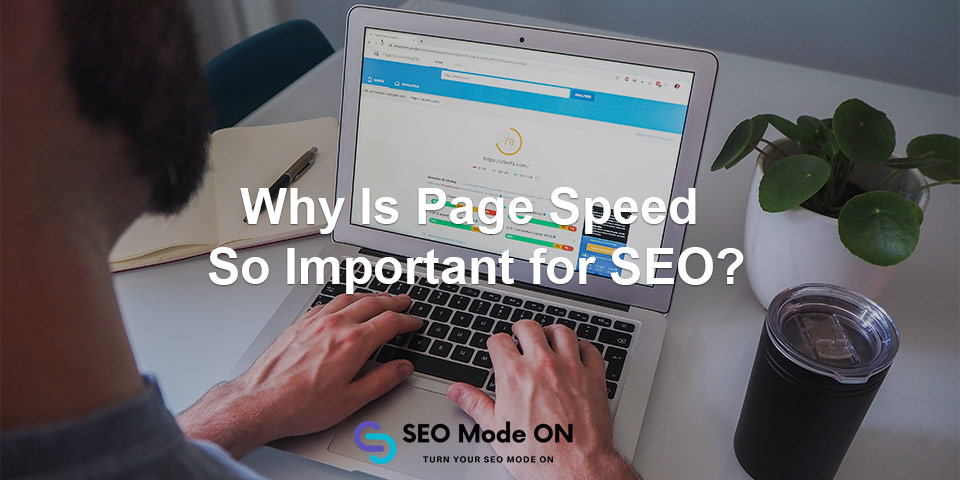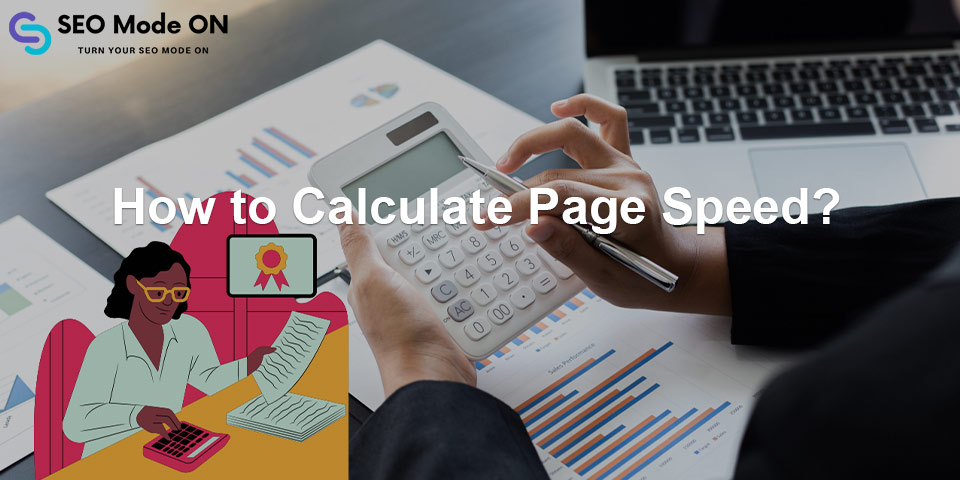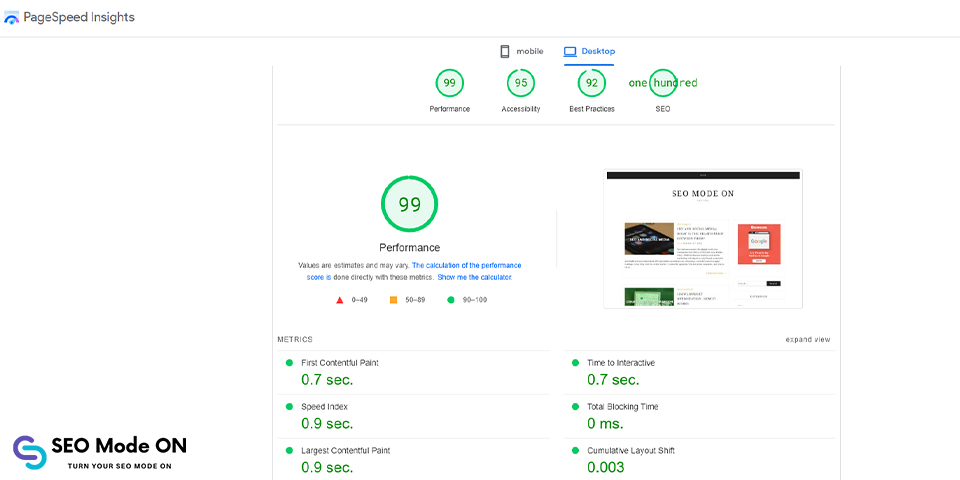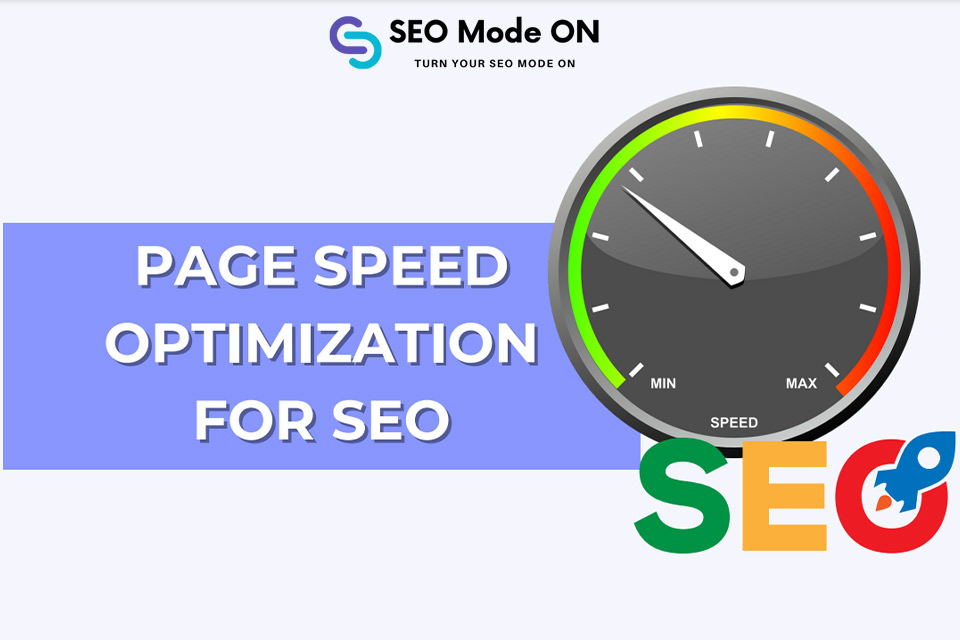User experience and search engine optimization are the elements that influence each choice you make when building a website. You might have the best products or the best content. However, all your efforts would be in vain if your viewers can’t even load your web pages.
It should come as no surprise that page speed is essential for your SEO efforts given that it’s the key to improving user experience. People will click on your website link and remain to read your content because of the page speed.
Due to this, we will discuss page speed in this post along with its significance. For a better online experience, we’ll also offer details on page speed optimization for SEO.
What Is Page Speed?
Page speed, often known as page load time, refers to how quickly a web page loads when you click on it. It measures the time elapsed between the browser’s request for a web page to load and when the request is finally fulfilled. The type, quality, and quantity of the content, as well as your device, browser, and connection, all affect how quickly a page loads.

Why Is Page Speed So Important for SEO?
Check out the elements that page speed has an impact on your SEO below if you’re seeking to boost your SEO and are unsure of its relevance to page speed:
- User experience
- Bounce rate
- Conversion rate
- Your ranking on search engine results
The first thing you should know about page speed is that it improves user experience. People don’t want to wait for a page to load for several minutes. They stop caring about viewing your content as a result.
Therefore, by concentrating on the page speed of your website, you ensure that you are not experiencing a high bounce rate or a low conversion rate in addition to keeping people on your website. Additionally, this will help your website’s trustworthiness and reputation.
A quick page speed will assist in improving your website’s position in search engine rankings. You should therefore focus more on page speed optimization for SEO because websites with slower page speeds are ranked lower than those with faster page loads.

How to Calculate Page Speed?
You might want to increase your website’s page speed in light of the information we have given regarding the significance of page speed for SEO. To do this, you must accurately measure the current page-loading speed of your website.
When calculating page speed, you may find out how long it takes for a page to load on your website compared to the industry standard. To make improvements, you may also compare your past page load times.
As a result, you may utilize tools like Google Lighthouse, Page Speed Insights, and Google Analytics to measure your page speed. Remember that Google is the source of all of these tools. You can check websites like WebPageTest, Which Loads Faster, or Pingdom if you’d rather utilize a third-party website without uploading any files, though.

How to do Page Speed Optimization?
Now that you know you can calculate your page speed, it’s time to increase your page speed. To do so, you need to follow the tips we mentioned below:
- Minimize the size of your images without losing the quality by using an image optimizer.
- Embed the link of your videos to your website by uploading them to streaming services rather than uploading them directly to your website.
- Use faster hosting.
- Deactivate the unnecessary plugins you may have.
- Activate browser caching.
- Implement a content delivery network (CDN)
Conclusion for Page Speed Optimization
In conclusion, in this article, we defined page speed and discussed page speed optimization. To help you comprehend the subject better, we also covered how to calculate page speed. We hope this article was successful in informing you about page speed optimization for SEO, which will help you improve SEO and user experience.
FAQs on Page Speed Optimization for SEO
The conversion rate of your website will suffer if it takes too long to load since visitors will quickly quit your web page. Page speed has an impact on how long people stay on your website and, consequently, how you rank in search engine results. Therefore, if your website loads quicker, your ranking and consequently your SEO will improve.
Although the average page load time is five seconds, experts say that if you want visitors to stay on your website and improve your SEO, your page should load in just one to two seconds.
The major focus of page speed insights, which offer data on how well a website performs on desktop and mobile devices, is search engine optimization. So, it may indirectly affect your ranking.

